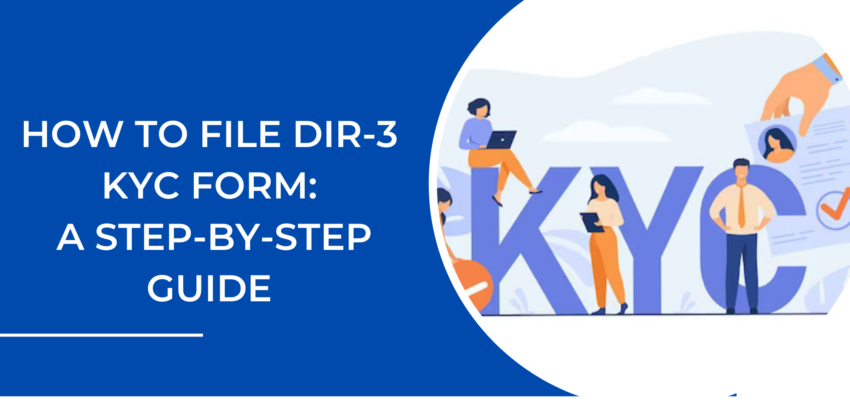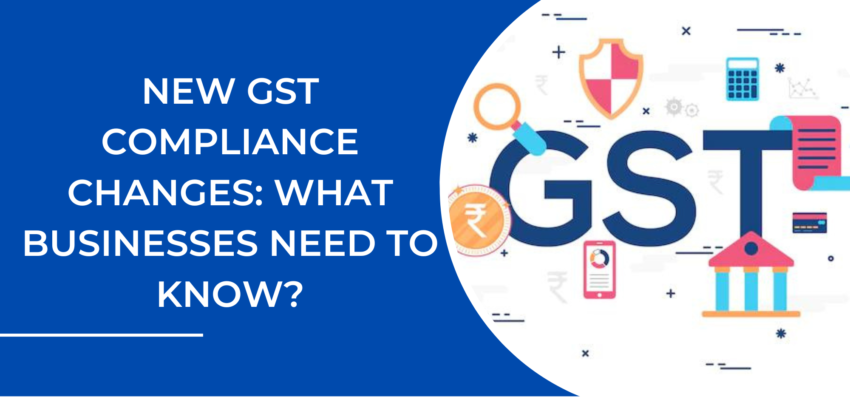Failure to renew the trademark registration in India every 10 years can result in removal of the trademark from the register of trademarks. To ensure the renewal and restoration of trademark registration, certain procedures and requirements need to be followed. The procedure is described in the following way: Suggestion of Renewal Due by the Indian Trademark Office: Renewal of Trademark…











 Thank You!
Thank You!